On May 19, 2022, CPA Canada provided comments received from CRA in respect of the proposed immediate expensing of CCA rules (included in Bill C-19). Now that legislation has been tabled, claims under these rules may be made (although previously submitted returns can not yet be adjusted). When sharing the limit amongst an associated group of CCPCs, a prescribed form must be completed. CRA stated:
The prescribed form that will be used when an immediate expensing limit is to be shared amongst an associated group of CCPCs is the T2 Schedule 8, Capital Cost Allowance. Once the T2 Schedule 8 is updated, it will be published on Canada.ca and further information about immediate expensing, including how to claim it, will be posted on the What’s New for Corporations website.
The legislation for immediate expensing does not require that the prescribed form be filed at the time of filing – only that a person or a partnership has 30 days to submit after receiving notice that it is required:
ITR 1104 (3.4) If any of the eligible persons or partnerships that are associated with each other (within the meaning of section 256 of the Act, as modified by subsection (3.6)) in a taxation year has failed to file with the Minister an agreement described in subsection (3.3) within 30 days after notice in writing by the Minister has been forwarded to any of them that such an agreement is required for the purpose of any assessment of tax under Part I of the Act, the Minister shall, for the purpose of this Part and Schedules II to VI, allocate an amount to one or more of them for the taxation year.
If claims are submitted prior to the revised T2 Schedule 8 being published, the CRA may contact the corporation to submit the information once the new schedule is available. Otherwise, an amended T2 Schedule 8 that includes this information is required with the corporation’s next T2 return.




